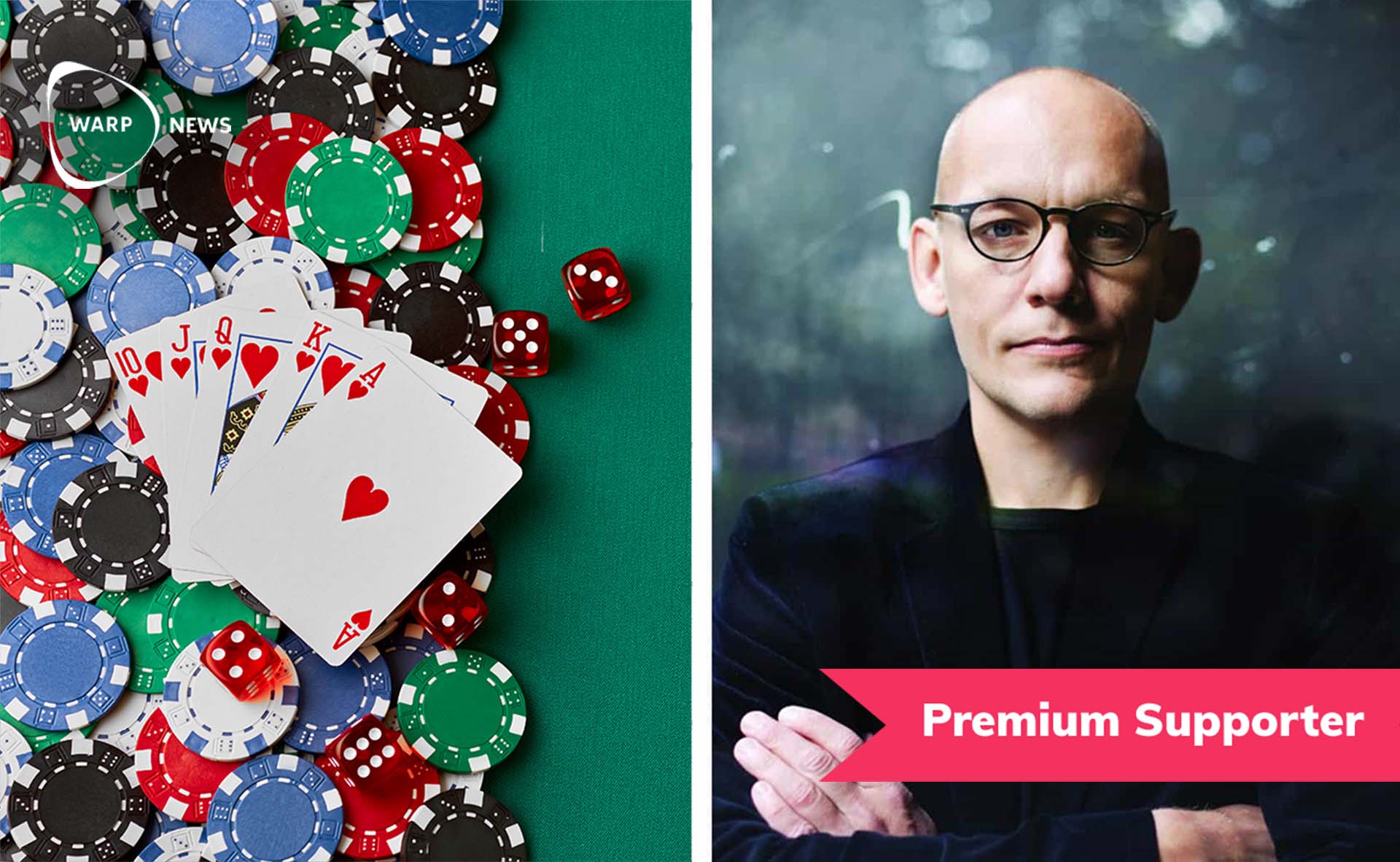🎲 The games optimists play
How do you play? Optimists and pessimists play different games, and they play in different ways, writes Nicklas Berild Lundblad.
💡 The Optimist's Dilemma
As an optimist, you are often faced with an interesting dilemma: the rest of the world thinks that the world is getting worse, and you yourself think that it will get better – should you try to convince everyone else that it really gets better, Nicklas Berild Lundblad asks.
✌️ Optimism and the Prisoner's Dilemma
Is there a formula to rely on in human interaction? It seems like there is, and you have probably already guessed it... It is an optimistic one!
👍 The extreme optimist
Nicklas Berlind Lundblad met Stanford Professor John McCarthy in the early 200s and it was the sort of meeting you don't forget.
🌳 The optimistic future is a tree
If you thought that the successful moon landing in the '60s was due to luck and high ambitions, you are wrong. Nicklas Berild Lundblad writes about how optimism should be based on an analysis of what growing human abilities can achieve.
❓ The question is the weapon of the optimist
There is more to the question than you might think. It helps you shape your future, from a point in the future- as well as discover a richness of potential outcomes.
⬆️ Pollyanna's secret
Optimists often get called nicknames, one of these is Pollyanna. But the real story about the nickname tells us something important about the power of optimism.
⬆️ Optimism's Theory of Knowledge
The optimist's view differs from the pessimist's in a fundamental respect: the optimist sees what could be done with the half-full glass, what it can be used for, and who might need a little water right now, writes Nicklas Berild Lundblad.
🤔 The responsibility of platforms – a guide for the perplexed
Over the past decade, we have had an increasingly vocal debate about the responsibility of platforms and the future of freedom of expression. Nicklas Berild Lundblad believes that there is reason to be optimistic about the development.









